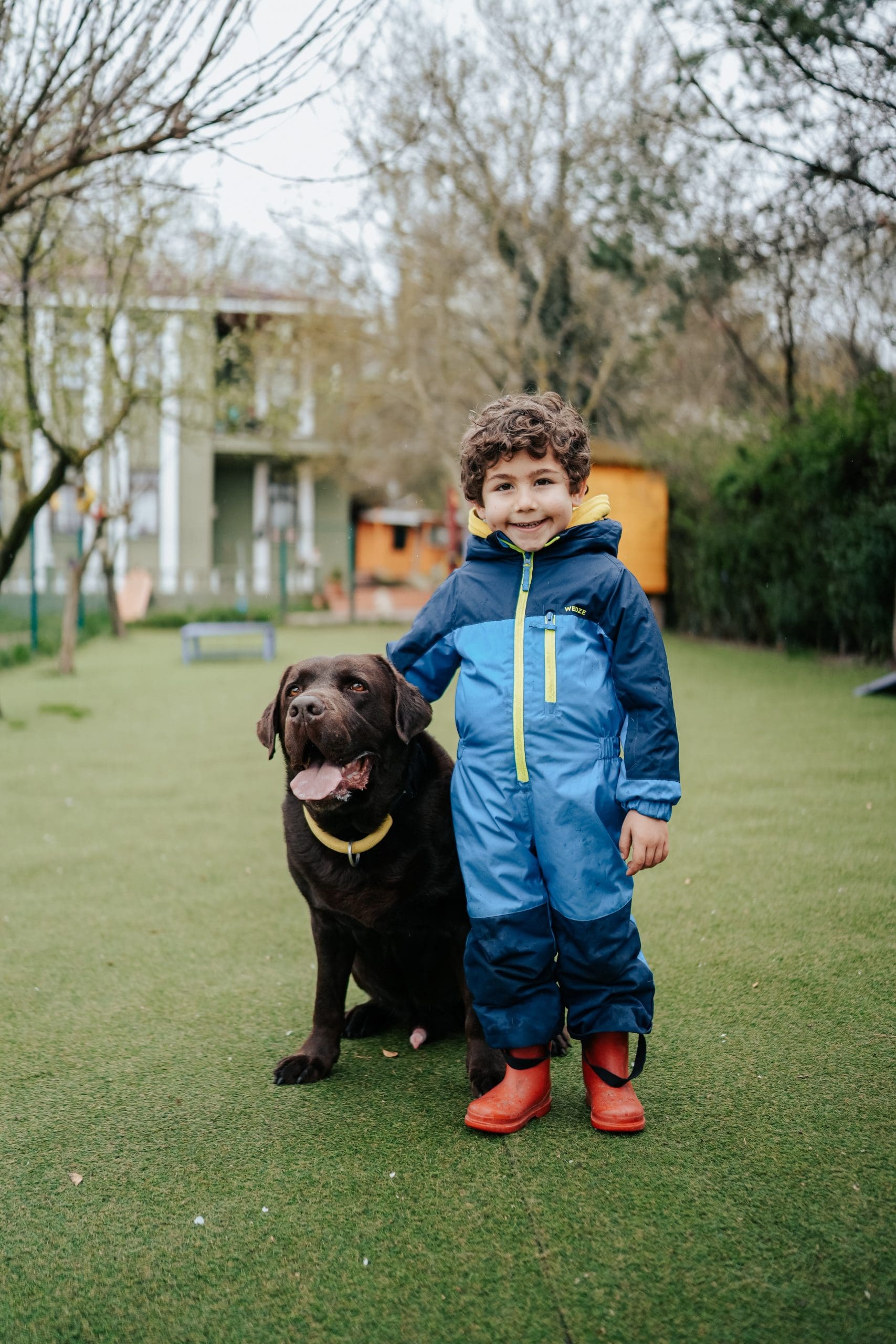Determining the right number of calories for your dog each day is vital for their health and well-being. Just as humans have varying caloric requirements, dogs also need a specific number of calories depending on factors like size, age, activity level, and overall health. Providing the correct caloric intake can help prevent obesity, boost energy, and contribute to a longer, healthier life.
Individual Factors to Consider
Each dog is unique, and it’s crucial to recognize that there is no universal answer to caloric needs. Factors such as breed, weight, age, and activity level play significant roles. For instance, an active Labrador retriever has different requirements compared to a senior Chihuahua. Tailoring your dog’s diet according to these differences will ensure they receive the nutrition they need.
Caloric Calculations
A common method to estimate your dog’s caloric needs is to consider their weight. Veterinarians often use the formula of approximately 30 calories per kilogram of body weight, plus an additional 70 calories for maintenance. This formula serves as a general estimate, and adjustments may be necessary based on your dog’s specific situation.
Nutritional Needs for Puppies and Seniors
Puppies require more calories than adult dogs due to their rapid growth and high energy levels. Generally, they need about twice the calories per pound compared to adult dogs. As they transition into adulthood, adjustments to their diet will be necessary to prevent excessive weight gain.
Conversely, senior dogs have reduced caloric needs as their metabolism slows and activity levels decrease. Monitoring their weight and altering their food intake is essential to avoid obesity, which can lead to serious health issues. Providing a diet formulated for senior dogs can help ensure they receive the right nutrients while managing their weight.
The Role of Activity Level
Activity level significantly influences a dog’s caloric needs. Highly active breeds or dogs engaged in regular exercise will require more calories to maintain their energy levels. In contrast, less active dogs will need fewer calories. Observing your dog’s behavior can help you adjust their food intake appropriately.
Addressing Obesity
If your dog is overweight, taking action is crucial to help them shed excess pounds. Obesity can lead to various health problems, including diabetes and joint issues. Reducing caloric intake and increasing exercise are essential steps. Consult a veterinarian to develop a weight loss plan that ensures your dog receives the necessary nutrients while losing weight safely.
Transitioning Diets
When changing your dog’s diet, do so gradually to prevent digestive issues. Mixing a small amount of the new food with their current diet and slowly increasing the new food over several days allows their digestive system to adapt smoothly.
Understanding Food Labels
Reading dog food labels can provide valuable information regarding caloric content. Most commercial dog foods indicate calorie content per cup or serving. While feeding guidelines are often provided based on weight, individual adjustments may still be necessary.
Homemade Diets and Treats
For those who prefer homemade diets, ensuring a balanced nutrition plan is crucial. Consulting with a veterinarian or pet nutritionist can help create a well-rounded diet that meets your dog’s needs. It’s important to measure portions accurately, as homemade diets can vary widely in caloric content.
Treats should also be factored into your dog’s daily caloric intake. They should not exceed 10% of total calories consumed. Opt for healthier treat options, like fruits or vegetables, to satisfy your dog without contributing excess calories.
Monitoring Weight and Health
Regular monitoring of your dog’s weight and condition can help you make necessary dietary adjustments. Signs of underfeeding may include lethargy and irritability, while overweight dogs may struggle with mobility and energy levels. Regular veterinary check-ups are important for assessing your dog’s health and caloric needs based on their specific circumstances.
Balanced Nutrition is Key
Providing your dog with a balanced diet involves more than just counting calories. Dogs require a mix of proteins, fats, carbohydrates, vitamins, and minerals. Select high-quality commercial dog foods designed to meet these nutritional needs, and ensure they are appropriate for your dog’s life stage and health condition.
By carefully considering factors such as weight, age, activity level, and specific health needs, you can determine the appropriate caloric intake for your dog. Staying attentive to their nutritional requirements fosters their health and happiness, allowing them to lead an active, fulfilling life.



